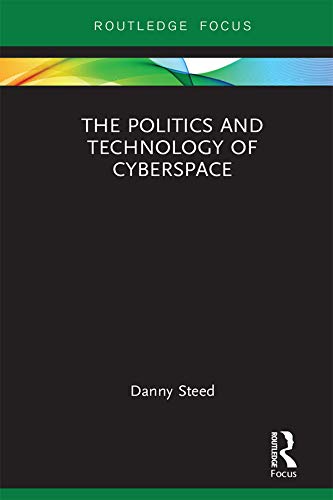

Most ebook files are in PDF format, so you can easily read them using various software such as Foxit Reader or directly on the Google Chrome browser.
Some ebook files are released by publishers in other formats such as .awz, .mobi, .epub, .fb2, etc. You may need to install specific software to read these formats on mobile/PC, such as Calibre.
Please read the tutorial at this link: https://ebookbell.com/faq
We offer FREE conversion to the popular formats you request; however, this may take some time. Therefore, right after payment, please email us, and we will try to provide the service as quickly as possible.
For some exceptional file formats or broken links (if any), please refrain from opening any disputes. Instead, email us first, and we will try to assist within a maximum of 6 hours.
EbookBell Team

5.0
98 reviewsAddressing the problems surrounding cyber security and cyberspace, this book bridges the gap between the technical and political worlds to increase our understanding of this major security concern in our IT-dependent society, and the risks it presents.
Only by establishing a sound technical understanding of what is and is not possible can a properly informed discussion take place, and political visions toward cyberspace accurately map and predict the future of cyber security. Combining research from the technical world that creates cyberspace with that of the political world, which seeks to understand the consequences and uses of cyberspace, Steed analyses and explains the circumstances that have led to current situations whereby IT-dependent societies are vulnerable to, and regularly victims of, hacking, terrorism, espionage, and cyberwar. Two fundamental questions are considered throughout the book: what circumstances led to this state of affairs? And what solutions exist for the future of cyberspace? In tackling these questions, Steed also analyses the emergent and increasingly competing political positions on offer to stabilise the landscape of cyberspace.
This interdisciplinary work will appeal to researchers and students of Security Studies, Intelligence Studies, Strategic Studies and International Relations as well as cybersecurity practitioners charged with developing policy options.